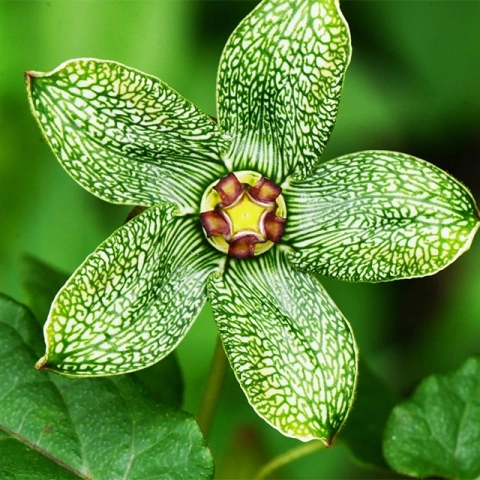Scholars enrolled in a Ph.D. in Botany program are expected to conduct original, in-depth research in specialized areas of plant sciences, such as plant physiology, genetics, ecology, molecular biology, biotechnology, or environmental conservation. The culmination of this research is a doctoral thesis or dissertation that presents new findings, insights, or innovations in the field of botany. Candidates must defend their work before a faculty committee, demonstrating their ability to conduct independent research, analyze complex data, and contribute to scientific knowledge. Scholars with a Ph.D. in Botany have diverse career opportunities across academia, research institutions, government agencies, and the private sector. They can work as research scientists, university professors, environmental consultants, conservation biologists, policy advisors, or experts in the pharmaceutical and agricultural industries. Additionally, Ph.D. holders are well-positioned to lead interdisciplinary projects, guide younger researchers, and contribute to national and global initiatives in biodiversity, sustainability, and plant-based innovations.
Duration of programme
Level of Study

Conduct independent, original research in specialized areas of plant sciences.
Apply advanced laboratory, field, and computational techniques to analyze plant systems.
Critically review scientific literature and formulate research questions or hypotheses.
Communicate research findings effectively through scholarly writing, presentations, and publications.
Eligibility Criteria
M.Sc. Botany or equivalent in relevant subjects with minimum 55% aggregates or equivalent grades as prescribed by UGC to qualify for the RNTU Ph.D. entrance test and interview.